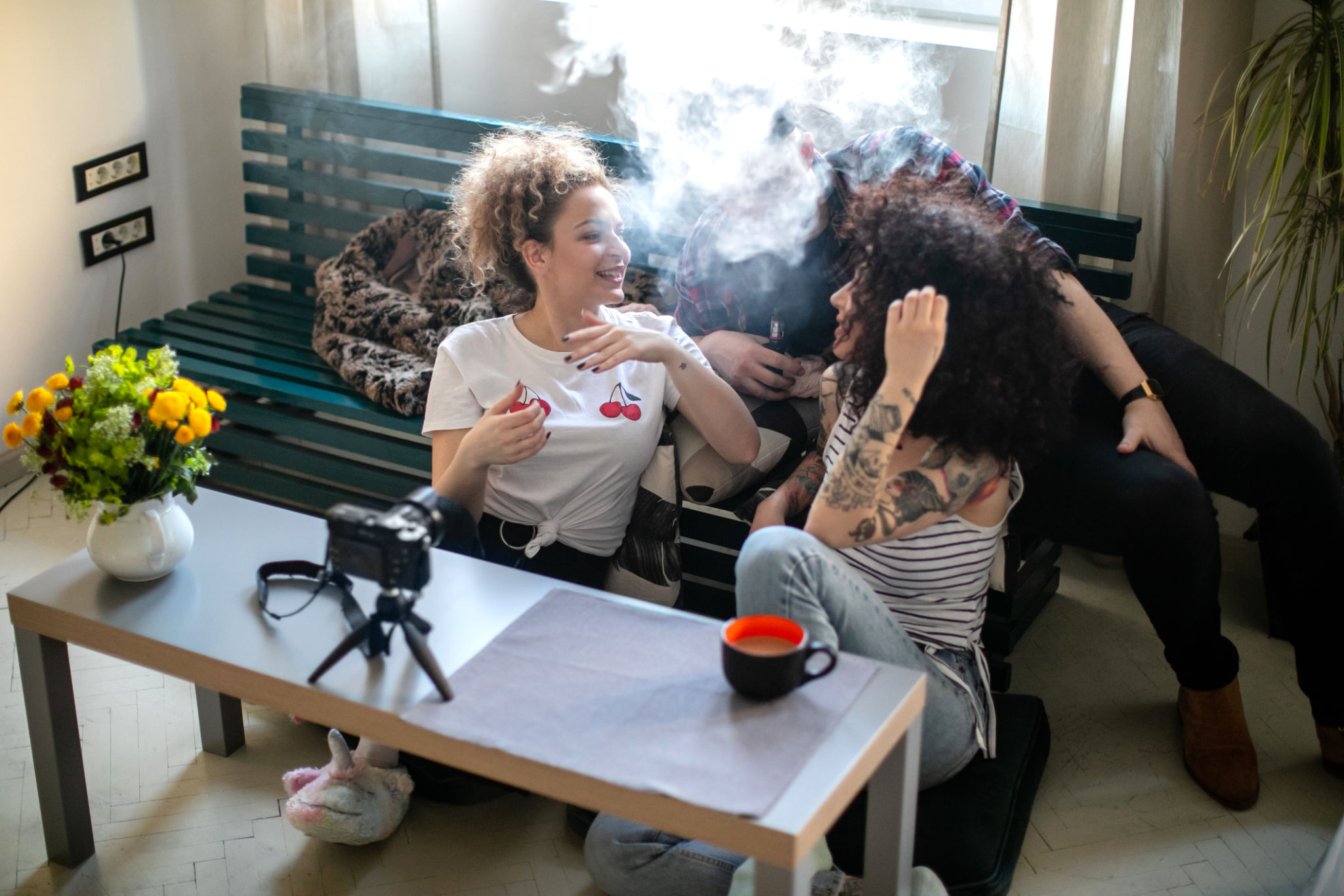Understanding Vape Regulations in Switzerland: What You Need to Know
Introduction to Vape Regulations in Switzerland
Switzerland is known for its picturesque landscapes and high standard of living, but it is also gaining attention for its evolving stance on vaping. As vaping continues to grow in popularity, understanding the regulations surrounding it in Switzerland is crucial for both residents and visitors. This post aims to unravel the complexities of vape regulations in the country.
In Switzerland, the approach to regulating vaping products is unique compared to its European neighbors. While some countries have stringent bans and restrictions, Switzerland has adopted a more liberal stance. However, this does not mean that vaping is free from regulation.

Legal Status of Vaping Products
As of 2018, Switzerland legalized the sale of nicotine-containing e-liquids, aligning more closely with EU standards. Prior to this, only nicotine-free products were legally available. This change opened the market for a broader range of vaping products and allowed businesses to cater to a growing demand.
It is important to note that while nicotine-containing e-liquids are legal, there are specific requirements for labeling and packaging. The Swiss law mandates clear labeling regarding nicotine content and potential health risks.
Age Restrictions
In Switzerland, the legal age to purchase vaping products is 18 years old. This regulation aligns with the age restrictions for other tobacco-related products. Retailers are required to verify the age of customers purchasing vaping products to ensure compliance with the law.

Advertising and Promotion Regulations
Advertising for vaping products in Switzerland is subject to certain restrictions. Just like traditional tobacco products, there are limits on how and where these products can be advertised. The goal is to prevent exposure to underage audiences and promote responsible use among adults.
Promotional strategies that target non-smokers or minors are strictly prohibited. Companies are advised to focus their marketing efforts on current smokers looking for alternatives. This ensures that advertising practices are ethical and within legal boundaries.
Public Use and Restrictions
While vaping is permitted in many public places in Switzerland, there are exceptions. Similar to smoking, vaping is often restricted in enclosed public spaces such as public transportation, educational institutions, and healthcare facilities. These regulations aim to protect non-smokers from exposure to vapor.

Some cantons may have additional local regulations, so it is always advisable to check the specific rules of the area you are in. Businesses and establishments also have the right to enforce their own policies regarding vaping on their premises.
Conclusion
The regulatory landscape for vaping in Switzerland reflects a balanced approach, allowing for personal freedom while ensuring public health protection. Understanding these regulations helps ensure compliance and promotes a safe environment for all. Whether you're a resident or a visitor, being informed about these rules can enhance your vaping experience in Switzerland.
As with any rapidly evolving industry, staying updated with the latest regulations is essential. Always check for updates from official sources to ensure you have the most current information at your disposal.
